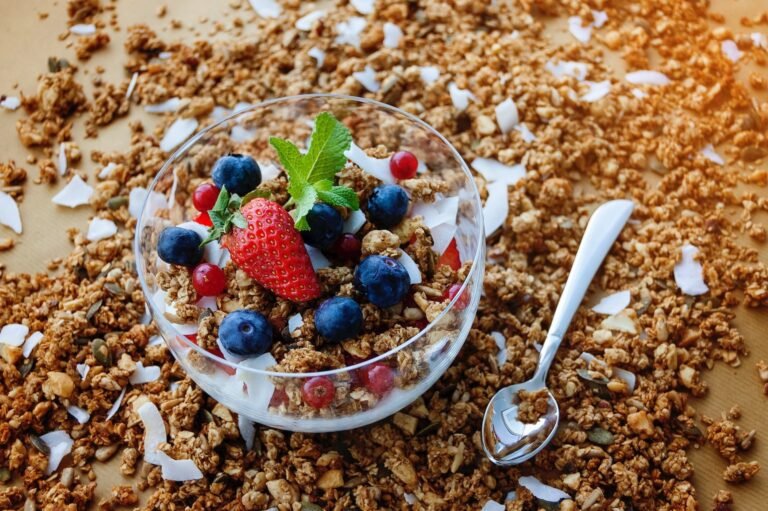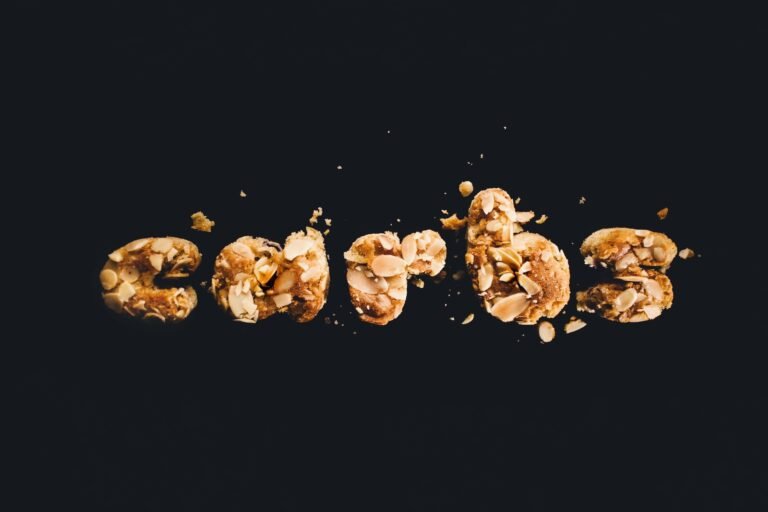7 health benefits of chia seeds
Chia seeds may be small, but they are incredibly nutritious. A staple in the ancient Aztec and Mayan diets, these seeds have been touted for their health benefits for centuries.
nutrients in chia seeds may promote heart health, support strong bones, and improve blood sugar control.
Chia seeds are also versatile and can be used in many recipes. I personally appreciate their gelatinous consistency by mixing them with liquid and making chia pudding out of it.
Here are 7 health benefits of chia seeds, all scientifically proven.
-
Very nutritious
Chia seeds are small black or white seeds of the Salvia hispanica L plant. They are believed to be native to Central America .
Historically, the Aztec and Mayan civilizations used the seeds in their diet, as well as for medicinal purposes, religious rituals, and cosmetics.Today, human beings everywhere in the international experience chia seeds.
Ancient civilizations considered chia seeds highly nutritious, a belief supported by modern science.In fact, simply 1 ounce (28 grams, or 2 tablespoons) of chia seeds contains:
- Calories: 138
- Protein: 4.7 grams
- Fat: 8.7 grams
- Alpha linolenic acid (ala): 5 grams
- Carbohydrates: 11.9 grams fiber
- Fiber: 9.8 grams
- Calcium: 14% of the daily value (dv) iron
- Phosphorus: 12% of the dv
- Mg: 23% of dv
- Phosphorus: 20% of dv
- Zinc: 12% of dv
- Vitamin b1 (thiamine): 15% of dv
- Vitamin b3 (niacin): 16% of dv
This nutrient profile is particularly impressive when you consider that it applies to a single serving of around two tablespoons.


2.Loaded with Antioxidants
Chia seeds also are an terrific supply of antioxidants.
The antioxidants not only protect the delicate fats in chia seeds from going rancid, but also benefit human health by neutralizing reactive molecules known as free radicals, which can damage cellular connections when they build up in your body. .
For example, free radical damage contributes to aging and diseases such as cancer.
Specific antioxidants found in chia seeds include chlorogenic acid, caffeic acid, myricetin, quercetin, and kaempferol.All of these can have protective effects on the heart and liver, as well as anti-cancer properties.
For example, chlorogenic acid can help lower blood pressure, while caffeic acid has anti-inflammatory effects.
3.May assist weight loss
The fiber and protein in chia seeds may also gain the ones seeking to lose weight.
One ounce (28 grams) of chia seeds contains about 10 grams of fiber.That means they contain a whopping 35% fiber.
Although research on this topic is mixed, some studies suggest that fiber consumption may play a role in preventing overweight and obesity.Additionally, the protein in chia seeds may also assist lessen urge for food and meals intake.
A study of 24 participants found that eating 0.33 ounces (7 grams), or 0.5 ounces (14 grams) of chia seeds mixed with yogurt for breakfast increases satiety and reduces food intake in the short term compared to consuming chia-free yogurt.
Still, studies examining the effectiveness of chia seeds for weight loss have found mixed results.
In a previous 2009 study of 90 overweight people, consuming 50 grams per day of chia seed supplements for 12 weeks had no effect on body weight or health markers such as blood pressure and markers of inflammation.
In contrast, a 6-month study of 77 overweight or obese people with type 2 diabetes who ate a restricted-calorie diet found that those who ate chia seeds daily experienced significantly greater weight loss than those who received a placebo.
Although adding chia seeds to your diet is unlikely to result in weight loss on its own, it can be a useful addition to a balanced, nutritious diet when trying to lose weight.


-
It can reduce the risk of heart disease
Because chia seeds are high in fiber and omega-3 fatty acids, eating them may reduce your risk of heart disease.
Soluble fiber, found primarily in chia seeds, may help lower total and LDL (bad) cholesterol in the blood. This, in turn, can reduce your risk of heart disease.
Eating ALA, the omega-3 fatty acid found in chia seeds, has also been linked to a lower risk of heart disease.
However, studies that specifically looked at the link between chia seeds and heart health were inconclusive.
Some studies in rats have shown that chia seeds can reduce certain risk factors for heart disease, including high triglyceride levels and oxidative stress.
Some human studies found that chia seed supplements significantly lowered blood pressure in people with hypertension, or high blood pressure, which is a strong risk factor for heart disease. Overall, chia seeds might also additionally advantage coronary heart health, however greater studies is needed.
5 .It contains many important nutrients for bones.
Chia seeds are rich in several nutrients important for bone health, including:
- calcium
- match
- mg
Many observational studies suggest that adequate intake of these nutrients is important to maintain good bone mineral density, an indicator of bone strength.
Additionally, the ALA in chia seeds may play a role in bone health. Observational studies have found that consumption of this nutrient may also be associated with increased bone mineral density.
Therefore, it’s possible that regular consumption of chia seeds helps maintain strong bones.
An animal study found that rats given chia seeds daily for about 13 months had higher bone mineral levels compared to a control group.The authors concluded that ALA may have contributed to this benefit.
However, apart from animal studies, a limited number of studies have specifically addressed this issue. Ultimately, more human research is needed.
-
It can lower blood sugar levels
Eating chia seeds may help regulate blood sugar, possibly due to their fiber content and other beneficial compounds.
People with diabetes can have high blood sugar levels. Consistently high fasting blood sugar levels are linked to an increased risk of several complications, including heart disease . Animal research have determined promising outcomes that chia seeds can enhance insulin sensitivity. This would possibly assist stabilize blood sugar tiers after meals
Human research is sparse, but some previous studies have shown promising results.
In particular, previous research from 2010 and 2013 suggests that eating bread with chia seeds helps reduce post-meal blood sugar spikes in healthy adults compared to eating bread without chia seeds.
However, more research is needed to learn more about the connection between these nutritious seeds and blood sugar regulation.
7.Easy to comprise into your diet.
Chia seeds are distinctly smooth to comprise into your diet. They have a fairly mild flavor, so you can add them to almost anything.
They don’t need to be ground, boiled, or otherwise prepared, making them a useful addition to recipes.
They can be eaten raw, soaked in juice, or added to oatmeal, puddings, smoothies, and baked goods. You can also sprinkle them over muesli, yogurt, vegetables or rice dishes.They also work wonders as a binding agent in homemade donuts.
Because of their ability to absorb water and fat, you can use them to thicken sauces and replace eggs. They can also be mixed with water and made into a gel.
The seeds seem to be well tolerated. However, if you’re not used to eating lots of fiber, you may experience digestive side effects like gas or diarrhea if you eat too many seeds at once.A not unusualplace dosage advice is 0.7 ounces (20 grams, or approximately 1.5 tablespoons) of chia seeds twice daily. Remember to drink plenty of water to prevent digestive side effects







